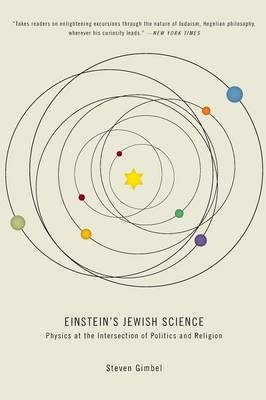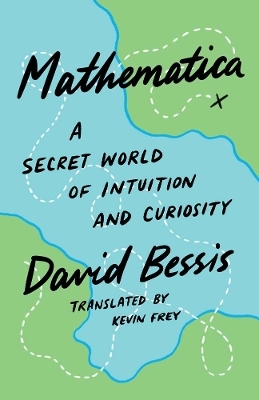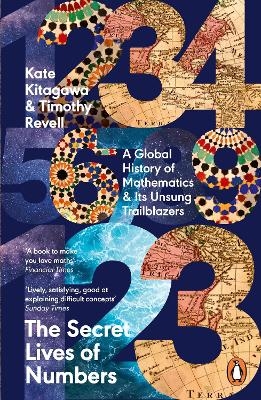
Einstein's Jewish Science
Johns Hopkins University Press (Verlag)
978-1-4214-1182-8 (ISBN)
- Lieferbar (Termin unbekannt)
- Versandkostenfrei innerhalb Deutschlands
- Auch auf Rechnung
- Verfügbarkeit in der Filiale vor Ort prüfen
- Artikel merken
He applies this line of inquiry to other scientists, including Isaac Newton, Rene Descartes, Sigmund Freud, and Emile Durkheim, to consider whether their specific religious beliefs or backgrounds manifested in their scientific endeavors. Einstein's Jewish Science intertwines science, history, philosophy, theology, and politics in fresh and fascinating ways to solve the multifaceted riddle of what religion means-and what it means to science. There are some senses, Gimbel claims, in which Jews can find a special connection to E = mc2, and this claim leads to the engaging, spirited debate at the heart of this book.
Steven Gimbel is the Edwin T. and Cynthia Shearer Johnson Professor for Distinguished Teaching in the Humanities and chair of the Department of Philosophy at Gettysburg College, where he won the Luther and Bernice Johnson Award for Distinguished Teaching. He is author of Exploring the Scientific Method: Cases and Questions; Rene Descartes: The Search for Certainty; and Defending Einstein: Hans Reichenbach's Writings on Space, Time, and Motion.
Introduction: Einstein's Jewish Science
1. Is Einstein a Jew?
2. Is Relativity Pregnant with Jewish Concepts?
3. Why Did a Jew Formulate the Theory of Relativity?
4. Is the Theory of Relativity Political Science or Scientific Politics?
5. Did Relativity Influence the Jewish Intelligentsia?
6. Einstein's Liberal Science?
Conclusion: Einstein's Cosmopolitan Science
Acknowledgments
Notes
Bibliography
Index
| Erscheint lt. Verlag | 10.12.2013 |
|---|---|
| Verlagsort | Baltimore, MD |
| Sprache | englisch |
| Maße | 152 x 229 mm |
| Gewicht | 363 g |
| Themenwelt | Geisteswissenschaften ► Religion / Theologie |
| Mathematik / Informatik ► Mathematik ► Geschichte der Mathematik | |
| Naturwissenschaften ► Physik / Astronomie ► Relativitätstheorie | |
| Sozialwissenschaften ► Soziologie | |
| ISBN-10 | 1-4214-1182-2 / 1421411822 |
| ISBN-13 | 978-1-4214-1182-8 / 9781421411828 |
| Zustand | Neuware |
| Haben Sie eine Frage zum Produkt? |
aus dem Bereich


